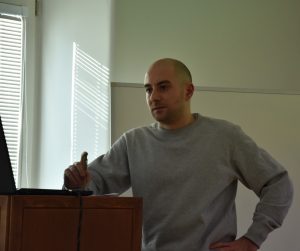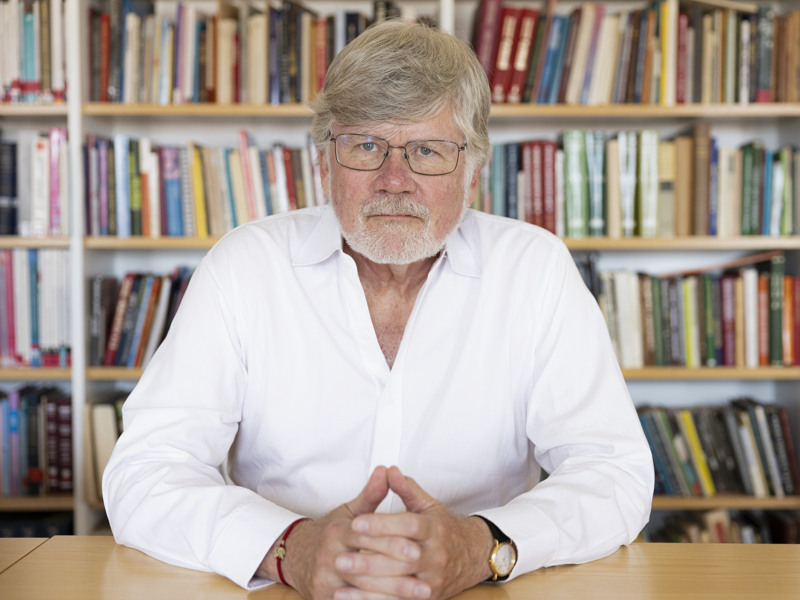When? March 25th, 15:15-17:00
Where? Seminar room 9th floor, Niagara or online: https://mau-se.zoom.us/j/65864362451
Speaker: Ángel Torres-Adán
Ángel Torres-Adán is a research fellow at the Institute for Sociology of the Slovak Academy of Sciences in Bratislava. He recently completed a Ph.D in Politics, Policies and International Relations (Universitat Autònoma de Barcelona). He also hold a Bachelor’s degree in Geography (Universidad de Castilla-la Mancha) and a Master’s degree in International Politics (Universidad Complutense de Madrid). His research is focused on individual geopolitical preferences in post-Soviet Europe.
Abstract:
The existence of differences in geopolitical preferences between the titular nationalities and ethnic minorities has been thoroughly documented for the Association Agreement countries and other post-Soviet states. This paper goes beyond simply identifying the existence of this “ethnic gap” in geopolitical preferences, by also testing some of the common theories that try to explain it. To do so, I use different regression analyses based on survey data from Georgia (2015–2021). The results of a first multivariate analysis that aims to explain the ethnic gap show that the linguistic differences between the titular nationalities and the ethnic groups explain a higher percentage of the gap in support for the EU than differences related to ideology, values, and information. Furthermore, a second analysis that divides the sample into different ethnic groups reveals that certain variables influence the geopolitical preferences of members of the titular nationalities and members of each of the studied ethnic minorities in different ways.
Welcome!





